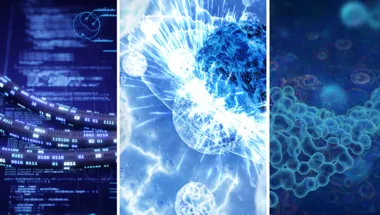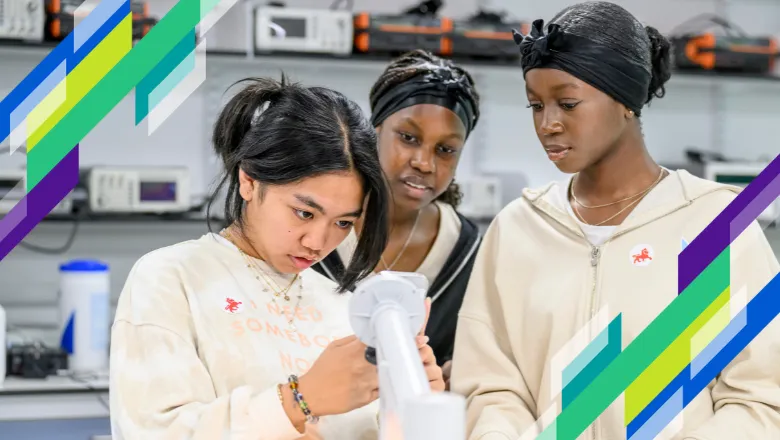
Edward Lambden
PhD Student
Research interests
- Chemistry
Biography
Edward received his BSc in Physics with Astrophysics (2017) at the University of Sussex, leaving with a first class degree. He then moved onto King's College London to studying for an MSc in Physics (2018), followed by an MSc in Non-equilibrium systems (Mathematics and Theoretical Physics; 2019) as part of the EPSRC Centre for Doctoral Training in Cross-Disciplinary Approaches to Non-Equilibrium Systems (CANES). Edward then joined the Chemistry department in October 2019 as part of the Ulmschneider group where he uses all-atom and coarse-grained molecular dynamics to study antibacterial treatments involving antimicrobial peptides; with a particular focusing on improving the selectivity of current avenues of treatment.
Research interests:
- Antimicrobial peptides
- Membrane active peptides
Thesis title
Development of peptide-antibiotic conjugate therapeutics for improved targeting and killing of bacteria
PhD supervision
Principal Supervisor: Professor Martin Ulmschneider
Research

Cross-Disciplinary Approaches to Non-Equilibrium Systems (CANES)
The mission of CANES is to train future research leaders in the understanding, control and design of systems far from equilibrium, based on rigorous training in theoretical modelling, simulation and data-driven analysis, and a breadth of awareness of common themes across disciplines.
Features
Students welcomed to King's for first ever STEM work experience week
30 students from secondary schools across London joined the Faculty of Natural, Mathematical & Engineering Sciences (NMES,) for an interactive week exploring...

Research

Cross-Disciplinary Approaches to Non-Equilibrium Systems (CANES)
The mission of CANES is to train future research leaders in the understanding, control and design of systems far from equilibrium, based on rigorous training in theoretical modelling, simulation and data-driven analysis, and a breadth of awareness of common themes across disciplines.
Features
Students welcomed to King's for first ever STEM work experience week
30 students from secondary schools across London joined the Faculty of Natural, Mathematical & Engineering Sciences (NMES,) for an interactive week exploring...

